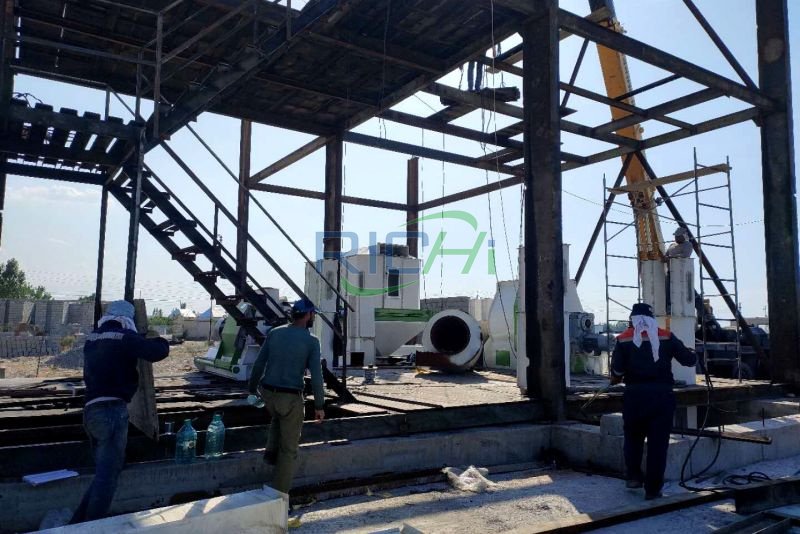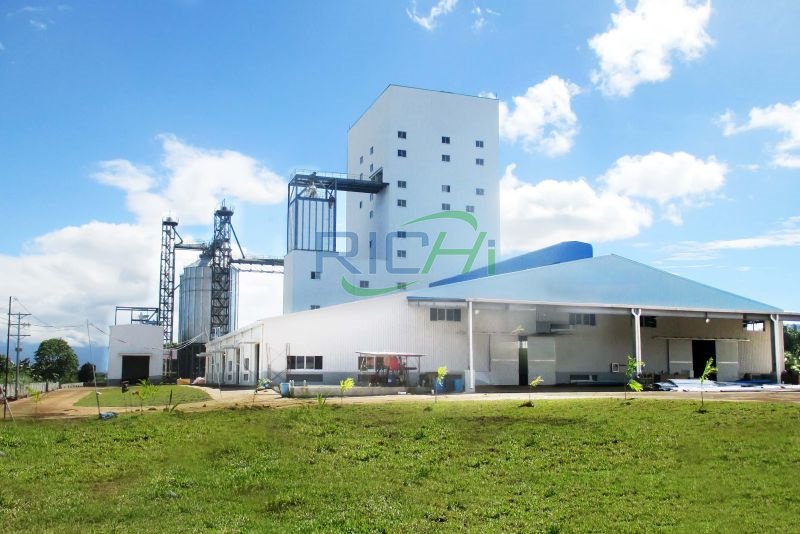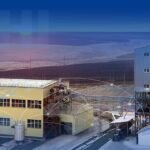Establishing a 15 tons per hour (t/h) hen feed plant represents a substantial investment in the animal feed industry. Understanding the cost allocation for the various equipment involved is crucial for budgeting, financial planning, and ensuring the project’s feasibility. This article delves into the primary cost components associated with setting up and operating a 15t/h hen feed plant, providing a detailed breakdown of equipment costs and their impact on the overall investment.
Key Equipment Components
The main equipment required for a 15t/h hen feed plant includes:
- Raw Material Handling Equipment
- Grinding Equipment
- Mixing Equipment
- Pelleting Equipment
- Cooling and Drying Equipment
- Screening and Grading Equipment
- Packaging Equipment
- Auxiliary Equipment
Cost Allocation Breakdown
Raw Material Handling Equipment
This equipment is essential for the initial stages of feed production, including receiving, cleaning, and conveying raw materials.
- Components: Silos, storage bins, pre-cleaners, bucket elevators, and conveyors.
- Cost Allocation: Typically accounts for 10-15% of the total equipment cost.Example:
- Silos and storage bins: $50,000
- Pre-cleaners: $20,000
- Bucket elevators and conveyors: $30,000
- Total: $100,000

Grinding Equipment
Used to reduce the size of raw materials, making them suitable for mixing and pelleting.
- Components: Hammer mills or pulverizers.
- Cost Allocation: Usually represents 10-15% of the total equipment cost.Example:
- Hammer mills: $80,000
- Total: $80,000
Mixing Equipment
This equipment ensures that ground raw materials are uniformly blended to create a consistent feed mixture.
- Components: Horizontal or vertical mixers.
- Cost Allocation: Typically accounts for 10-15% of the total equipment cost.Example:
- Horizontal mixers: $90,000
- Total: $90,000
Pelleting Equipment
The core of the feed production line, converting the mixed feed into pellets.
- Components: Pellet mills, conditioners, and pellet coolers.
- Cost Allocation: Generally constitutes 25-30% of the total equipment cost.Example:
- Pellet mills: $150,000
- Conditioners: $30,000
- Pellet coolers: $50,000
- Total: $230,000
Cooling and Drying Equipment
After pelleting, the feed pellets need to be cooled and dried to ensure they are stable and ready for storage or packaging.
- Components: Counter-flow coolers, drying systems.
- Cost Allocation: Typically accounts for 10-15% of the total equipment cost.Example:
- Counter-flow coolers: $50,000
- Drying systems: $40,000
- Total: $90,000
Screening and Grading Equipment
Used to separate fines and ensure that the feed pellets meet the desired size specifications.
- Components: Rotary grading sieves, vibrating screens.
- Cost Allocation: Usually represents 5-10% of the total equipment cost.Example:
- Rotary grading sieves: $30,000
- Vibrating screens: $20,000
- Total: $50,000
Packaging Equipment
Essential for preparing the finished feed pellets for storage, transportation, and sale.
- Components: Bagging machines, palletizers.
- Cost Allocation: Typically accounts for 5-10% of the total equipment cost.Example:
- Bagging machines: $40,000
- Palletizers: $20,000
- Total: $60,000
Auxiliary Equipment
Includes various supporting systems that ensure the smooth operation of the feed mill.
- Components: Dust collection systems, boilers for steam generation, electrical control systems.
- Cost Allocation: Generally constitutes 10-15% of the total equipment cost.Example:
- Dust collection systems: $30,000
- Boilers: $50,000
- Electrical control systems: $40,000
- Total: $120,000
Total Equipment Cost Allocation
Summarizing the cost allocation for all the equipment components yields:
- Raw Material Handling Equipment: $100,000
- Grinding Equipment: $80,000
- Mixing Equipment: $90,000
- Pelleting Equipment: $230,000
- Cooling and Drying Equipment: $90,000
- Screening and Grading Equipment: $50,000
- Packaging Equipment: $60,000
- Auxiliary Equipment: $120,000
Total Equipment Cost: $820,000
Impact on Overall Investment
The total equipment cost for a 15t/h hen feed plant constitutes a significant portion of the overall investment. Typically, equipment costs account for 50-60% of the total project investment. Other costs include:
- Building and Infrastructure: Construction or renovation of the facility, including foundations, electrical installations, plumbing, and ventilation systems. Estimated cost: $300,000 – $500,000.
- Land Acquisition: Purchasing or leasing land for the feed mill. Estimated cost: $100,000 – $200,000.
- Installation and Commissioning: Costs associated with installing and commissioning the equipment. Estimated cost: $100,000 – $150,000.
- Working Capital: Funds required for initial operations, including raw materials, labor, and utilities. Estimated cost: $200,000 – $300,000.
- Permits and Licenses: Regulatory compliance costs, including permits and licenses. Estimated cost: $50,000 – $100,000.
- Consulting and Project Management: Fees for consulting services and project management. Estimated cost: $50,000 – $100,000. (Related post: broiler feed mill)
Total Project Investment: $1,620,000 – $2,170,000
Conclusion
The allocation of equipment costs for a 15t/h hen feed plant is a crucial aspect of the overall investment. By understanding the distribution of costs across various equipment categories, feed mill operators can better plan their budgets and ensure the project’s financial viability. Effective cost management, combined with strategic planning and efficient operations, can lead to a successful and profitable feed mill project.


